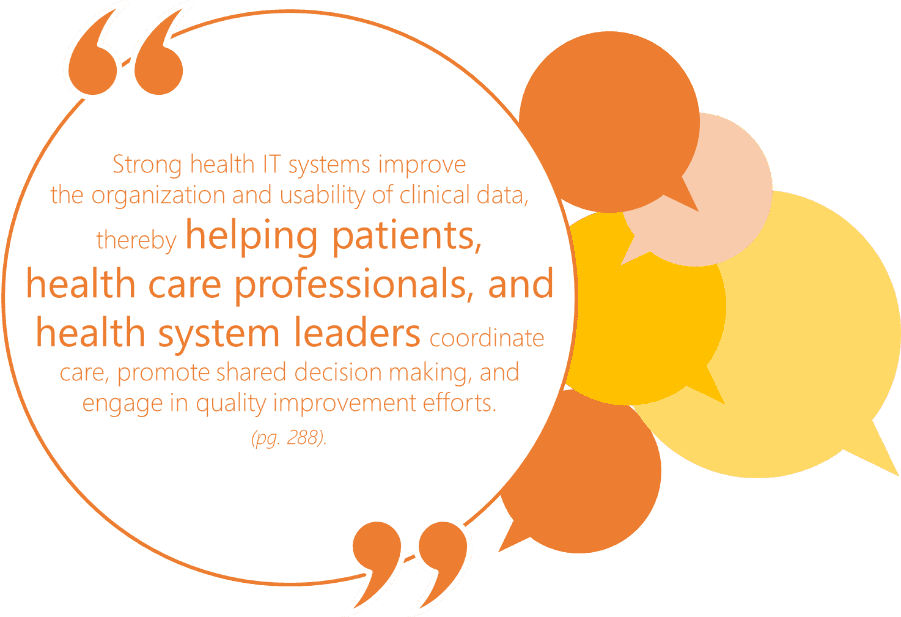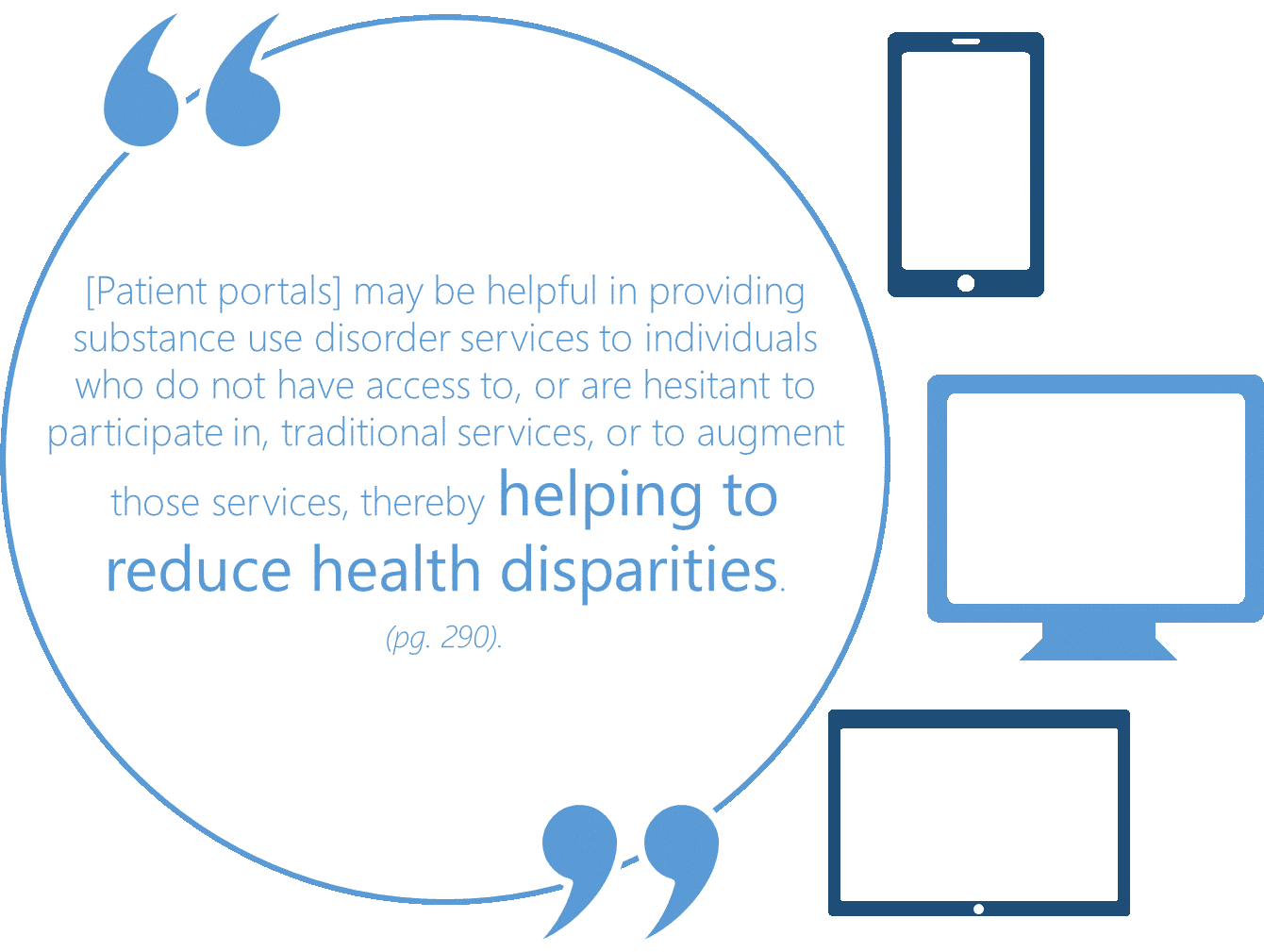
Tearing down the treatment silos: A response to the Surgeon General’s report on addiction
In November, the Surgeon General released his first-ever report on addiction and substance abuse in the United States. In this comprehensive, research-driven report, there was a key part of the discussion that stood out to us: the separation of substance abuse treatment and general healthcare. The US healthcare system has only in the past few decades begun to address substance use disorders, but with administration, regulation, and financing placed outside of mainstream healthcare. Most treatment options are delivered by programs that are geographically, financially, culturally, and organizationally separate from the general healthcare system (pg. 48).
The report goes on to lay out a case for why this separation is harmful: it points out that the presence of a substance use disorder often doubles the odds for the subsequent development of chronic and expensive medical illnesses, such as arthritis, chronic pain, heart disease, stroke, hypertension, diabetes, and asthma. And fatal interactions between unaddressed patient substance abuse and prescribed medication have increased tenfold over the past 20 years. Still, substance abuse is fundamentally unaddressed throughout the healthcare spectrum: only 1 in 6 US adults has ever been asked by a health professional about their drinking behavior (pg. 49). Substance abuse has a dramatic effect on modern healthcare, but the mainstream healthcare system does not treat it as such.
These facts stood out to us because they touch on a common problem – one that exists across industries and that we are constantly looking to solve with new technology. This core problem is the siloing of information. The separation of substance abuse treatment from the rest of the healthcare system is an obstacle of both mindset and technology. The Surgeon General’s report aims to address the siloing mindset: it presents a research-driven case that communities are best served when substance abuse is treated holistically by communities, and when it’s addressed in every part of the healthcare continuum.
Our job as technology innovators is to empower the healthcare industry to tear down silos by making the sharing of information as seamless as possible. Communities that do choose to incorporate substance abuse treatment into their wider healthcare systems will need to be equipped with previously-unavailable care coordination tools. These new tools are taking the form of solutions built on Customer Relationship Management (CRM) software. CRM systems and applications for the healthcare industry are designed to manage and maintain patient relationships, track treatment plans, and deliver actionable data – all in one place. It is a category of integrated, data-driven solutions that can improve how physicians, nurses, administrators, home caregivers, and patients interact, across many locations and devices.
Technology transforming substance abuse treatment
While technology in the healthcare industry focused for years on increasing the capacity of electronic health records (EHRs), it is only with the introduction of CRM-based solutions that we can truly begin to connect care teams and increase life-saving communication. From the information provided in the Surgeon General’s report, we see some key ways that CRM-based solutions will empower the fight against substance abuse:
 Better care through seamless care provider communication – Advanced healthcare technology has the potential to support better care coordination across primary care and specialty substance use disorder treatment, increase safety by reducing harmful drug-drug interactions, and improve monitoring of treatment outcomes and relapse risk in general health care (pg. 289). Both in the management of individual cases, and in helping to identify populations most in need of proactive treatment, the unification of diverse data sets is key. Communication tools and interoperability between general healthcare providers, specialty substance treatment centers, and other social institutions empowers better decision-making and more effective treatment.
Better care through seamless care provider communication – Advanced healthcare technology has the potential to support better care coordination across primary care and specialty substance use disorder treatment, increase safety by reducing harmful drug-drug interactions, and improve monitoring of treatment outcomes and relapse risk in general health care (pg. 289). Both in the management of individual cases, and in helping to identify populations most in need of proactive treatment, the unification of diverse data sets is key. Communication tools and interoperability between general healthcare providers, specialty substance treatment centers, and other social institutions empowers better decision-making and more effective treatment.
 Increased patient involvement through improved patient portals – Patient portal websites or apps that provide patients with access to their clinical data have great potential for reaching patients and more actively involving them in their treatment. They can be helpful in providing culturally-relevant, accessible information and access to services to populations that are hesitant to participate in traditional services. However, research suggests that patients with substance use disorders are not currently using portals as much as individuals with other conditions (pg. 290). So why is this important tool so under-utilized? Part of the problem is that health technology creators have failed to produce user-friendly portals that are accessible to all. But as health technology continues to evolve, an increasing focus on patient centricity is driving the development of more user-friendly portals that truly enable patients to take an active role in their treatment. When CRM-based health technology looks beyond simply increasing EHR capacity and truly focuses on connectivity, the possibilities are enormous.
Increased patient involvement through improved patient portals – Patient portal websites or apps that provide patients with access to their clinical data have great potential for reaching patients and more actively involving them in their treatment. They can be helpful in providing culturally-relevant, accessible information and access to services to populations that are hesitant to participate in traditional services. However, research suggests that patients with substance use disorders are not currently using portals as much as individuals with other conditions (pg. 290). So why is this important tool so under-utilized? Part of the problem is that health technology creators have failed to produce user-friendly portals that are accessible to all. But as health technology continues to evolve, an increasing focus on patient centricity is driving the development of more user-friendly portals that truly enable patients to take an active role in their treatment. When CRM-based health technology looks beyond simply increasing EHR capacity and truly focuses on connectivity, the possibilities are enormous.
 Prevention by making alternative pain treatment options more available – Addiction to pain relief medication is increasingly a leading cause of substance abuse in the United States (pg. 39). The Surgeon General’s report points to the CDC’s guide for prescribing opioids for chronic pain (pg. 122), which advises physicians to pursue non-opioid treatment options first. For these other treatment options to be viable, they require patient involvement and regular follow-up – both of which are restricted by the traditional EHR-only model. CRM-based solutions strengthen the lines of communication between physicians and patients and makes patient involvement a core part of treatment. In turn, this empowers physicians and patients to explore treatment options for chronic pain besides opioid prescriptions, thus decreasing the risk of addiction.
Prevention by making alternative pain treatment options more available – Addiction to pain relief medication is increasingly a leading cause of substance abuse in the United States (pg. 39). The Surgeon General’s report points to the CDC’s guide for prescribing opioids for chronic pain (pg. 122), which advises physicians to pursue non-opioid treatment options first. For these other treatment options to be viable, they require patient involvement and regular follow-up – both of which are restricted by the traditional EHR-only model. CRM-based solutions strengthen the lines of communication between physicians and patients and makes patient involvement a core part of treatment. In turn, this empowers physicians and patients to explore treatment options for chronic pain besides opioid prescriptions, thus decreasing the risk of addiction.
Learn more
Those healthcare organizations that are working to fight siloing and treat substance abuse in the mainstream health system will need the technological tools to do so. Health360 Care Coordination, a solution for the healthcare industry built by Tribridge on Microsoft cloud technology, provides those tools in the form of real-time information for all members of a care team, user-friendly patient portals, and fully customizable care plans informed by best practices. By tearing down information and treatment silos, advanced health technology powered by CRM has the power to enable true transformation in the treatment of substance abuse, and empower a healthier country.
You can learn more about Health360 Care Coordination on our blog post, or check out a product demo on AppSource. And be sure to stop by the Microsoft booth, #2509 at this year’s HIMSS conference in Orlando.




